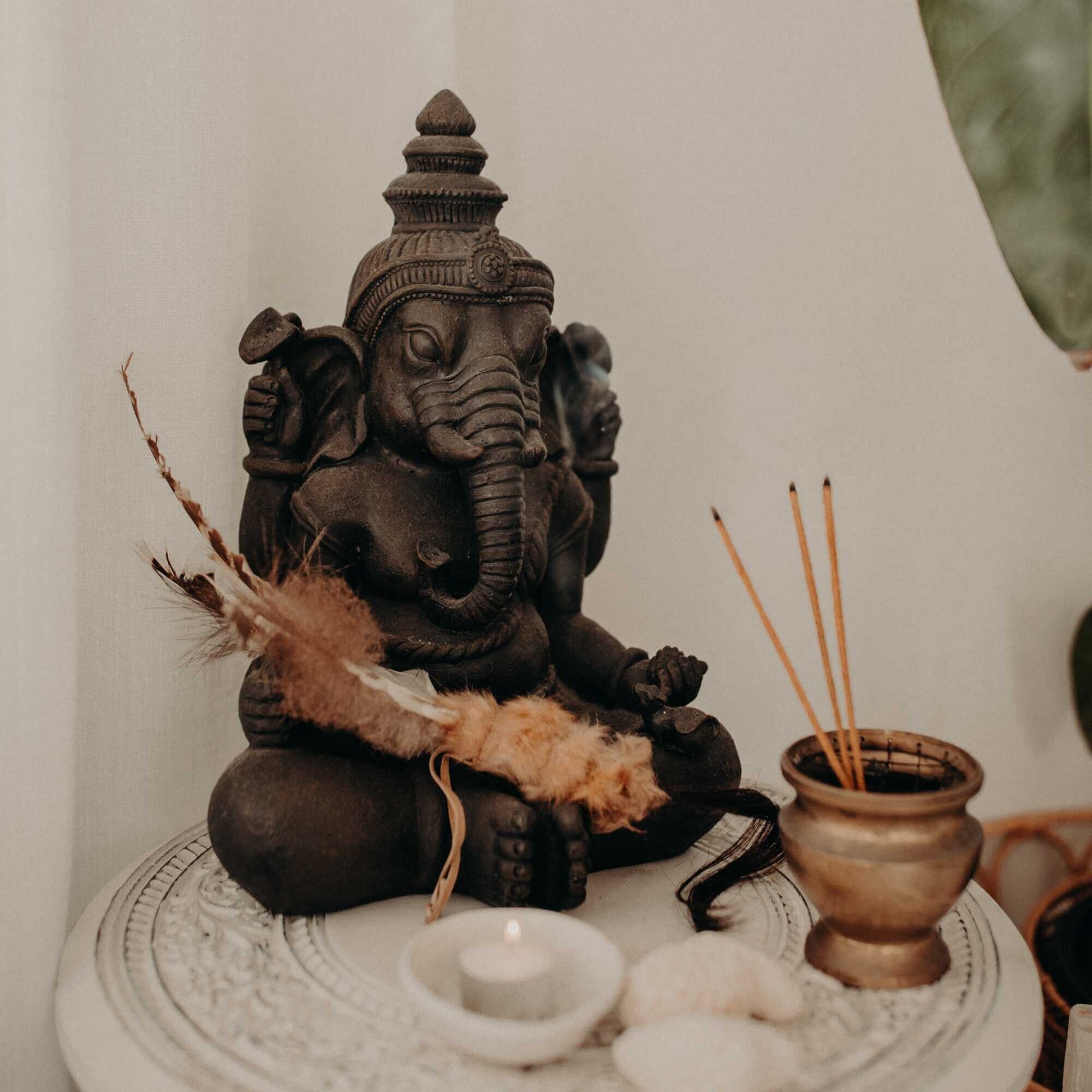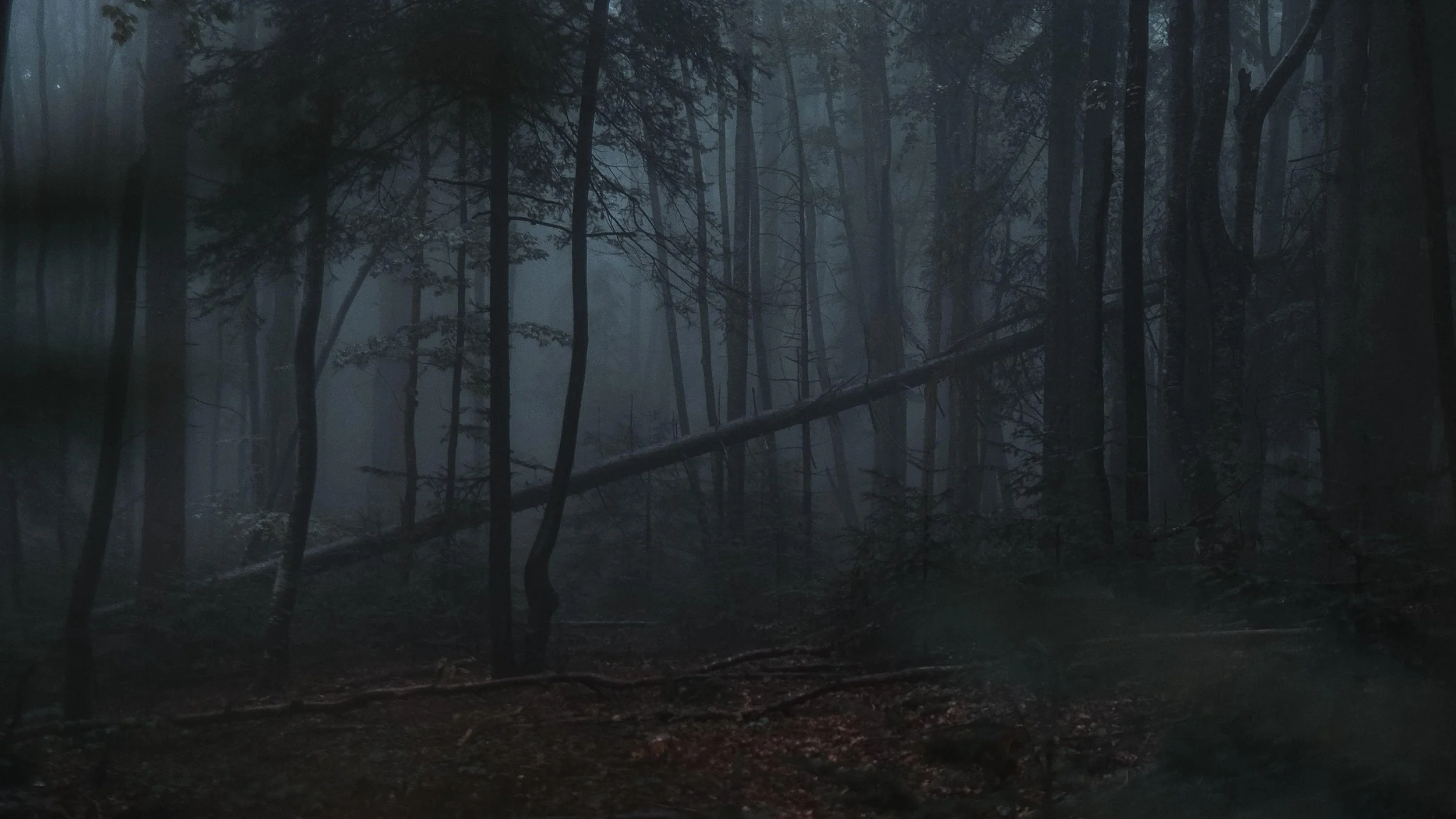
JOURNAL
YAMAS & NIYAMAS - Saucha
Saucha reminds us that true well-being and spiritual growth arise when we create space for purity to shine through. By cleansing the body, mind, and spirit, we prepare the ground for self-discovery, awareness, and a deeper connection to our higher self.
YAMAS & NIYAMAS - Aparigraha
Aparigraha teaches us the art of non-possessiveness and non-attachment. It invites us to loosen our grip on the constant craving for more—more things, more recognition, more control—and instead discover contentment and freedom in what already is.
YAMAS & NIYAMAS - Bramacharya
Brahmacharya is often misunderstood as simply “celibacy” or “sexual restraint,” yet its meaning in yoga is far broader and more practical. At its core, Brahmacharya is about the wise and intentional use of energy. It calls us to examine how we direct our life force—physically, mentally, and emotionally—and whether our choices nourish or deplete us. Rather than rigid denial, Brahmacharya points toward balance, moderation, and living in alignment with higher values.
YAMAS & NIYAMAS - Asteya
Asteya, from Sutra 2.37, is the principle of non-stealing and integrity. It teaches us not just to avoid taking what belongs to others materially, but also to respect their time, energy, trust, and joy. At its heart, Asteya is about mindful action, empathy, and honoring both ourselves and others.
YAMAS & NIYAMAS - Satya
Satya is the principle of truthfulness—living in alignment with our authentic self through our thoughts, words, and actions. It is not just about speaking the truth but about doing so with compassion and integrity. Satya invites us to be deeply honest with ourselves, cultivating awareness of our inner dialogue and embracing authenticity as the foundation for self-discovery.
YAMAS & NIYAMAS - Ahimsa
Ahimsa — the first of the Yamas — is the heart of yoga’s ethical path. Often translated as non-violence or non-harming, it’s more than simply refraining from physical harm. It’s an active choice to live with compassion, empathy, and a deep respect for the interconnectedness of all life.
FORCES OF NATURE - GUNAS - Sattva
Sattva is one of the three Gunas—alongside Rajas and Tamas—that shape the qualities of nature and the mind. Sattva embodies clarity, peace, purity, and ease. It is the most refined of the Gunas and is often seen as the state most supportive of spiritual growth. Yet, it’s important to remember that even Sattva is not the final goal—it is a stepping stone toward transcendence.
FORCES OF NATURE - GUNAS - Rajas
This week, we turn our attention to Rajas—the Guna of movement, energy, and transformation. Rajas is dynamic and driven; it is the force that fuels action, ambition, and change. It can elevate us toward Sattva, the state of clarity and equilibrium, or pull us down into Tamas, the realm of inertia and confusion.
FORCES OF NATURE - GUNAS - Tamas
Tamas, in particular, is the force of inertia, obscurity, and resistance. It is the energy that stabilises, grounds, and contains. In nature, Tamas is what allows seeds to rest beneath the soil, the sun to set, and the body to sleep. It is the stillness before action, the pause between breaths, and the descent that follows a peak. Without Tamas, there would be no form, no structure—only chaos.
Clusters of Energy - Sahasrara Chakra
The Crown Chakra, or Sahasrara, is the seventh and highest of the primary chakras within the human energy system. Situated at the top of the head, it represents our connection to the divine, higher consciousness, and spiritual awakening. Often symbolised by a thousand-petaled lotus or a radiant white or violet light, it is the gateway to transcendence.
Clusters of Energy - Ajna Chakra
The Ajna Chakra, or third eye chakra, is located at the centre of the forehead, just above the space between the eyebrows. “Ajna” translates to “command” or “perception,” pointing to this chakra’s role in intuition, insight, and higher knowing. Represented by a deep indigo two-petaled lotus, it is considered the gateway to higher consciousness and spiritual vision.
Clusters of Energy - Vishuddhi Chakra
Vishuddhi Chakra — the fifth energy center — is located in the throat region, extending from the base of the neck to the Adam’s apple. Often referred to as the throat chakra, it governs communication, self-expression, and the power of authenticity.
Clusters of Energy - Anahata Chakra
The Anahata Chakra, or heart centre, is located in the middle of the chest and is symbolised by a green lotus with twelve petals. Governed by the element of air, it relates to the lungs, heart, and circulatory system—and is the energetic seat of love, compassion, and empathy.
Clusters of Energy - MANIPURA CHAKRA
Located in the abdomen, the Manipura Chakra governs digestion—not only of food but of life experience. It represents our solar energy, the radiant internal sun that ancient Yogis considered a major centre of power, perception, and energetic distribution in the body.
Clusters of Energy - Swadhisthana CHAKRA
The second chakra, known as the sacral chakra or Swadhisthana, is located in the lower abdomen—between the pubic bone and the top of the sacrum. Representing the water element, it governs the energy of cohesion and connection, binding emotional, sexual, and creative forces into a unified current of life.
Clusters of Energy - MULADHARA CHAKRA
The Root Chakra, known as Muladhara, is the first of the seven main chakras and lies at the base of the spine. Deeply connected to the earth element and represented by the colour red, this chakra governs our sense of stability, grounding, and survival. It forms the energetic foundation for all aspects of life.
RESOLUTION
Resolution marks the completion of a cycle—an ending that naturally gives rise to a new beginning. Life unfolds in cycles, both subtle and profound. Some span days or seasons, others stretch across years or entire phases of our growth. Each one carries us through experiences that shape who we are and who we are becoming.
SELF REALISATION
When we incarnate into this life, we forget who we truly are. And in the early stages of our lives, we begin to accumulate even more content — thoughts, beliefs, and behaviours shaped by our upbringing, our environment, and the world around us. These influences take root in the unconscious mind, forming layers of conditioning and patterns that steer us away from our true nature.
HEALING POWER
Yoga is far more than the shapes we create on the mat. When we shift our focus from the appearance of postures to their deeper function, we begin to experience yoga as a transformative practice—one that can shift our energy, reframe our perspective, and help us see ourselves and the world more clearly.
Fire in the Navel
In Tantra philosophy, much of human suffering stems from identification with the three lower chakras. These energy centers are linked to the primitive brain and store deep-rooted patterns of fear, survival instincts, attachments, and the drive for control or status. While essential to human experience, they can keep us bound in cycles of reactivity and limitation.




















